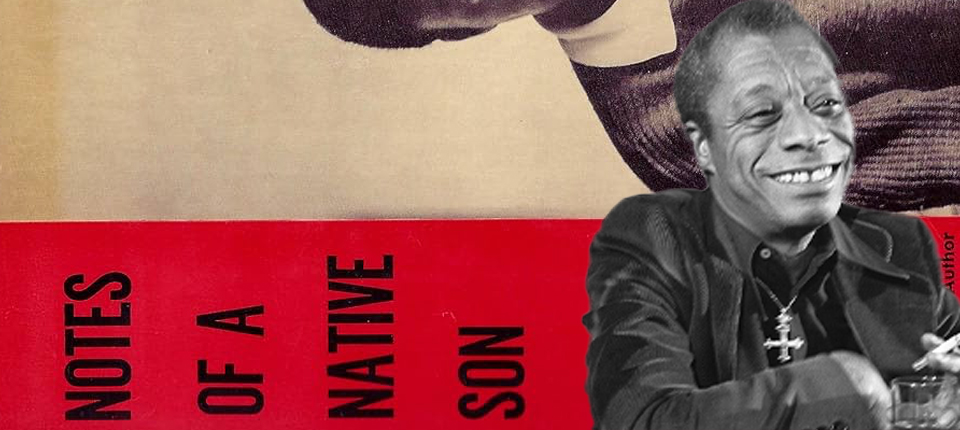Graeme Macrae Burnet’s fifth novel, A Case of Matricide, opens, as did his previous three, with a foreword in which “GMB” gives the background to publication. (The first novel had an afterword.) In it GMB explains that the manuscripts of both this new novel and The Accident on the A35 (TLS, February 9, 2018; the previous instalment in a trilogy starring the chief of police Georges Gorski) arrived at the office of the publisher of the author Raymond Brunet in 2014, twelve years after Brunet’s death by suicide. Until then it had been thought that the Gorski novel of 1982, finally published as The Disappearance of Adèle Bedeau in 2014 (the first novel in the trilogy), was Brunet’s only work.
You do not have to be an advanced decipherer of anagrams, or metafiction, to spot that something playful is going on here. These are crime novels in which identities are unstable, evidence is slippery and solutions are obscure. The setting is Saint-Louis, a nondescript town in the south of Alsace. Gorski, like his apparent creator, Brunet, was born here and stayed, concluding himself unsuited to more glamorous locations. But Gorski, the son of a Jewish pawnbroker, feels himself a misfit here too. His colleagues, he suspects, find him absurd. The people of Saint-Louis have expectations of a police chief that he is unable to fulfil. In most conversations he gets the feeling that his interlocutors have the better of him. He was hopelessly unsuited to married life with Céline, a pleasure-seeking boutique owner, and now that they are separated he finds himself the plaything of her father, the town’s mayor.
The only people who appear to have held Gorski in high regard are his former boss and (in The Accident on the A35) an overbearing inspector in the more prestigious Strasbourg force; but their support merely exacerbates his impostor syndrome. He takes refuge, for increasing portions of each day, in various bars, particularly favouring the dingy Le Pot, where the manager, asked whether he is ever going to get the toilet fixed, replies: “If you want to take a dump, there’s a gutter outside”. (In his afterword GMB tells us that the “Restaurant de la Cloche” in the novel is really the Restaurant de la Poste, a place confirmed by Google, and that “Le Pot” is really Le Recoin – no Google listing.)
Gorski’s mother is suffering from dementia and is no longer safe to leave by herself. Another of the plot strands concerns an elderly woman’s complaint that her son is trying to murder her. That son is a writer called Robert Duymann – another name that will not detain anagram-solvers for long. Duymann is working on a book called “A Case of Matricide”. His previous novel concerned a schoolteacher forced to leave his post following “unsavoury allegations” by a pupil; a disgraced schoolteacher is sitting in Le Pot every time Gorski goes there. As well as being a double for Brunet, Duymann is a double for Gorski, as the plot will reveal.
A mysterious Slav who stays in Saint-Louis for a while is also Gorski’s double. There are further echoes, some perhaps insignificant: another mention of loose shoelaces, the repetition of a minor plot point in The Accident on the A35; an elderly woman and her dog who seem to be passing every time Gorski looks out the window. His clothes get mud-bespattered on a couple of occasions. Was the mud he noticed on Céline’s coat in the previous novel in the trilogy a clue of some sort?
This summary may give the impression that the Gorski novels are chilly, tricksy constructs, peopled by figures with no more personality than counters in a game. But the hapless Gorski and his fellow cast members are, no matter how small their roles, vivid presences; Burnet presents them as figures of comedy, but does not patronize them. His prose, like that of his acknowledged influence Georges (another echo) Simenon, is unshowy, but with flashes of metaphorical insight: “The man’s fingers fidgeted … as if playing a toy piano”; a woman trying to avoid an interview shakes “her head like a child that doesn’t want to eat its greens”.
A Case of Matricide has closure of sorts, and ends with a line about pieces of a puzzle falling into place. But it is not the kind of closure, or the kind of puzzle solution, that crime novels usually provide. Followers of this remarkable trilogy would be disappointed otherwise.
Nicholas Clee’s latest book is Courses for Horses: A journey round racing in Britain and Ireland, 2023
The post Mud, blood and booze appeared first on TLS.

 By Times Literary Supplement | Created at 2024-11-14 02:17:54 | Updated at 2024-11-21 14:57:45
1 week ago
By Times Literary Supplement | Created at 2024-11-14 02:17:54 | Updated at 2024-11-21 14:57:45
1 week ago








